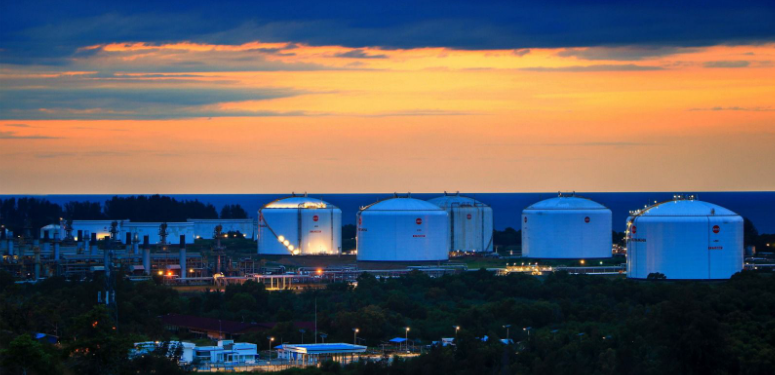Kembali Ke Beranda
11 Jul 2024
PGN's Pipeline and Beyond Pipeline Projects Enhance Domestic Natural Gas Distribution Efficiency
Tbk, with its established expertise in managing national natural gas services, is committed to supporting the government in meeting the nation's natural gas needs. PGN focuses on maintaining supply security through the integration of infrastructure and strategic projects aimed at improving the efficiency and effectiveness of gas distribution logistics costs.
PGN's Director of Strategy and Business Development, Rosa Permata Sari, stated that PGN continues to develop its core business in gas transmission and distribution projects. As such, gas pipeline projects and the development of beyond pipeline infrastructure, along with supporting infrastructure, are the focus of PGN's development efforts. With the expansion of natural gas infrastructure in various regions, gas users will have more affordable access to gas.
PGN will be involved in several strategic projects, including the WNTS-Pemping gas pipeline project to transport gas from the Natuna Field to the domestic market. PGN is also anticipating the completion of the second phase of the Cirebon – Semarang gas pipeline project and plans to collaborate with the government to bring gas from East Java to West Java. "There is a new business initiative for the development of the Cisem II Pipeline, where we will build a Distribution Pipeline from Tegal to Cilacap, leading to Refinery Unit IV in Cilacap, approximately 130 km long," Rosa explained on July 11, 2024.
Other developments include gas infrastructure projects in the Tuban refinery and pipeline infrastructure to support fertilizer factories in Eastern Indonesia. Beyond Java, PGN will also implement pipeline interconnections such as the Dumai – Sei Mangkei pipeline, supported by the government via the state budget (APBN), the Duri – Balam, Duri – Petapahan, Bangkanai – Balikpapan, and Bintuni – Fakfak pipelines. These efforts aim to close the supply gap caused by unconnected pipeline infrastructure.
"PGN is committed to maintaining supply security through infrastructure integration. On the other hand, we are developing strategic projects that are adaptive and seize business opportunities in the future, considering the proper and efficient logistics scheme," said Rosa.
In line with the regasification assignment to Pertamina, PGN's current activities are aligned with efforts to strengthen and integrate the use of gas pipeline and beyond pipeline infrastructure. Given the projected future supply of natural gas, which will largely be in LNG form due to Indonesia's geographic conditions, PGN continues to strengthen LNG infrastructure and beyond pipeline modes to balance domestic gas supply and demand.
One of the current projects is the revitalization of the LNG Tank Hub at Arun. This terminal is strategically located along major trade routes close to LNG markets in Southeast Asia and South Asia. "As the holding company for the oil and gas sector, Pertamina aims to develop the Arun LNG terminal into an LNG Hub Leader in Asia. One of the initial steps has been carried out by PGN with the revitalization of one tank, F6004, which started in late 2023 and is expected to be completed by the end of 2024," explained Rosa.
The role of the FSRU Lampung continues to be essential for Pertamina's Subholding Gas, which is integrated with the South Sumatra-West Java (SSWJ) pipeline. The regasified LNG from FSRU Lampung is now being distributed to meet the growing demand for electricity and industry. In addition to FSRU Lampung, FSRU West Java serves as the backbone for service stability and an enabler for LNG supply points during fluctuations in gas supply.
Considering Indonesia's geographic conditions as an archipelagic country, beyond pipeline (shipping) schemes also become a feasible solution for Eastern Indonesia. To encourage LNG commercialization, PGN has entered the LNG trading business and added LNG facilities, including Bontang LNG Bunkering, Teluk Lamong LNG, and LNG Bunkering Terminals for the marine fuel sector.
"PGN's efforts, both pipeline and beyond pipeline, require synergy aligned with the interests of all stakeholders, including the government and gas users in the downstream sector. With optimism in facing dynamic challenges, we expect to achieve a balance between supply and demand by 2030. PGN also encourages the growth of new users," concluded Rosa.
Kembali Ke Beranda











